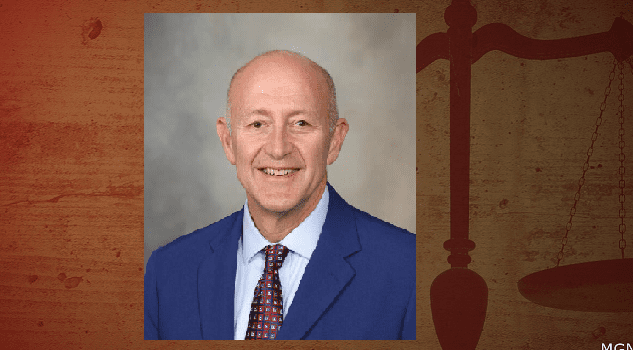Court sides with Mayo Clinic on doctor’s academic freedom claims, lawsuit moves forward on retaliation charges

Michael J. Joyner / Mayo Clinic staff page
(ABC 6 News) – Olmsted County Court partially granted, and partially denied several of Mayo Clinic’s motions to dismiss Dr. Michael Joyner’s lawsuit against the hospital and its leadership Monday, July 1.
Mayo Clinic’s attorneys moved in March to dismiss part of Joyner’s suit, which claimed that the hospital and leadership violated its tenure and academic-freedom policies after the clinic issued Joyner a suspension (resulting in loss of pay) following comments Joyner made to the New York Times in regards to testosterone’s long-term affects on transgender women athletes.
Mayo Clinic public relations claimed, at the time of the lawsuit, that Joyner was “disingenuously invoking academic freedom as a shield to escape accountability for actions that violate Mayo policies and values.”
The Clinic’s attorneys argued that three of Joyner’s five charges against the medical institution, claiming that Mayo Clinic’s anti-retaliation and appeals policies are not legally binding.
RELATED: Judge hears arguments in Mayo doctor’s academic freedom, retaliation case – ABC 6 News – kaaltv.com
Olmsted County judge Kathy Wallace heard the arguments, then ruled that Mayo’s motions to dismiss were partially granted in terms of the “breach of contract under the Freedom of Expression and Academic Freedom Policy,” which is not legally binding.
However, Joyner’s lawsuit continues forward on the bases of Mayo’s possible breaches of the Anti-Retaliation Policy and appeals procedures, Wallace ruled.
Drs. Gianrico Farrugia and Carlos Mantilla also remain individual defendants in the lawsuit, Wallace ruled.
Legal arguments
Wallace ruled that the Mayo Clinic Academic Freedom Policy lacks language to make it anything but a general policy statement — not information about the rights of employees, specific procedures, or unambiguous statement about what may or may not be expression “directly incompatible with Mayo Clinic values and policies.”
“Due to the lack of specificity in the Policy and use of vague, ambiguous, and general statements, the Mayo Clinic Freedom of Expression and Academic Freedom Policy is a general statement of policy,” Wallace ruled. “The Policy does not contain definite language to make the Policy an offer of a unilateral contract. As the Policy does not create a binding contract, the portion of Plaintiff’s breach of contract claim regarding Defendant Mayo Clinic’s alleged breach of the Freedom of Expression and Academic Freedom Policy is dismissed.”
However, Wallace continued, Mayo Clinic’s Anti-Retaliation Policy and associated procedures specifically state situations in which they apply — making them contracts Mayo must uphold, and that a party outside of Mayo Clinic’s human resources could judge.
While Dr. Joyner has yet to make his arguments against Drs. Farrugia and Mantilla in court, Wallace also ruled that Joyner has sufficient cause to move forth with his allegations of bad faith and tortious interference with his employment.
A pretrial hearing on the case is scheduled for June 27, 2025, followed by a jury trial July 7, 2025.